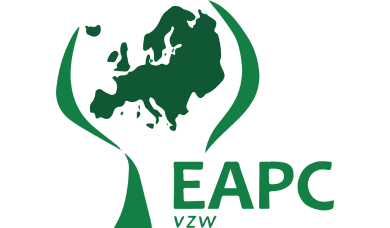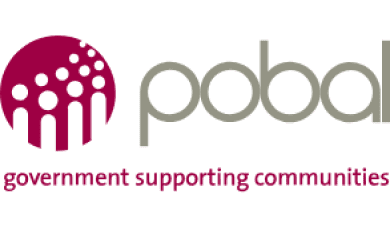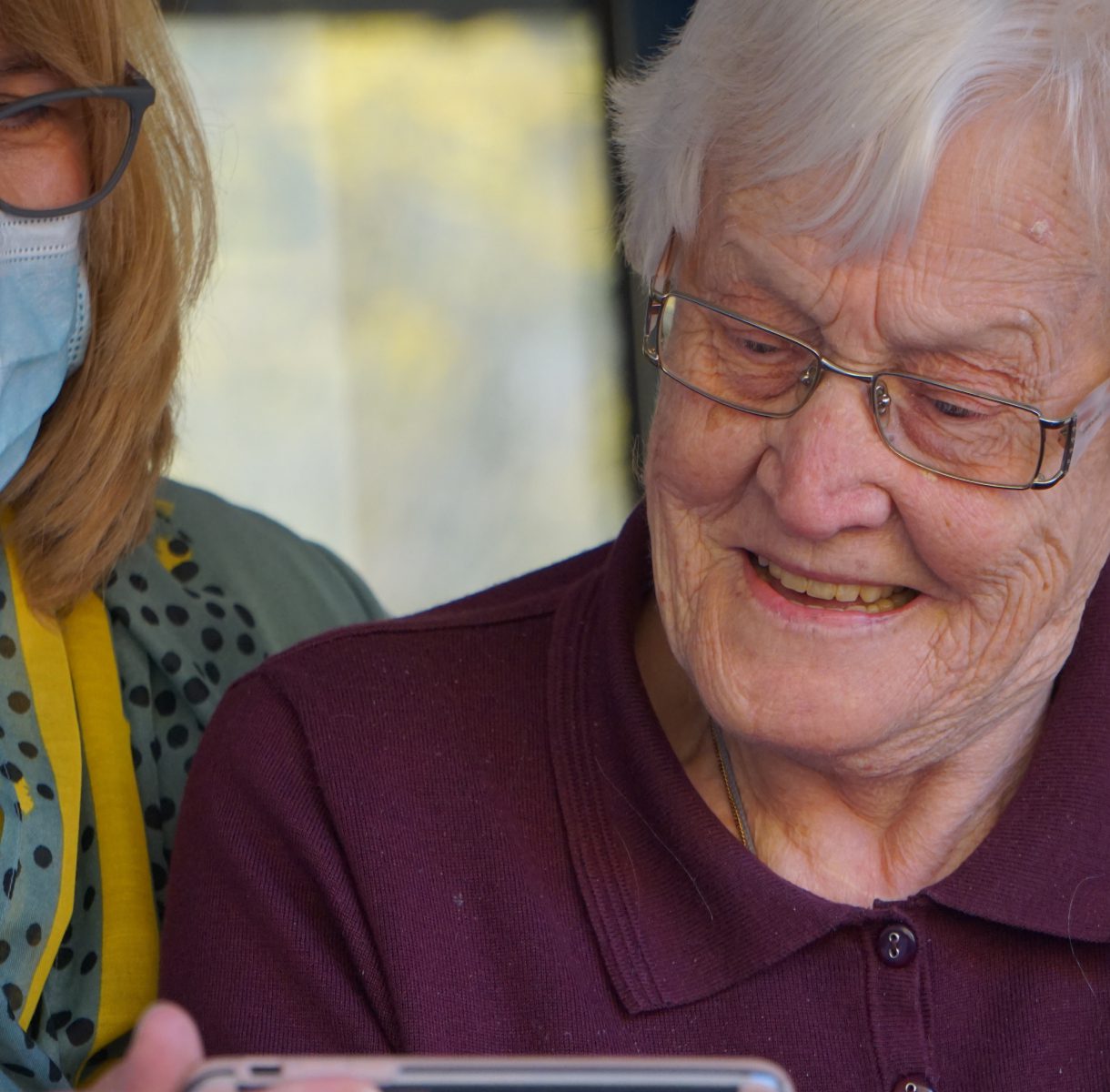The IAPC membership reflects the entire spectrum of all those who work in or have a professional interest in the provision of palliative care, i.e., doctors, nurses, social workers, chaplains and pastoral carers, pharmacists, psychologists, physiotherapists, occupational therapists, dietitians, as well as executive staff and academics and educationalists. Membership also includes clinicians and allied health professionals working in related areas such as geriatrics, oncology, psycho-oncology, paediatrics, and pain management The IAPC is organised around a number of working groups designed to create forums for shared best practice and learning opportunities, and for members to further their professional development, education, and research.
Internationally it is strongly aligned with the European Association for Palliative Care and the International Association for Hospice & Palliative Care.


The IAPC forums inform the strategic direction and policy decisions of the Board, thereby creating a strong foundation for the IAPC’s position as the primary collective voice for palliative care in Ireland.
Current IAPC forums are as follows:
Sustainable Funding Strategies
We receive project funding through the HSE and POBAL. We are a registered charity and a company limited by guarantee. A plan for funding the Organisation and allowing it to continue to meet its objectives, will form part of the ongoing sustainability of the Organisation.
Palliative Care
What is Palliative Care
Palliative care is, first and foremost, about life. It is an approach to care that is life-affirming and life-enabling.
“You matter because you’re you, and you matter to the end of your life. We will do all we can not only to help you to die peacefully, but also to live until you die.”
Dame Cicely Saunders
This quote from Dame Cicely Saunders, one of the founders of the modern hospice movement, captures the person-centred and life-enabling approach that underpins palliative care. The aim of palliative care is to enable every person with an illness from which he/she will not be cured, to live as well as possible right up until he/she dies. In its modern sense, this is a new concept, originating in the late 1960s / early 1970s.
The palliative care approach was initially applied to people with cancer, but the last two decades have seen an increasing recognition of the palliative care needs of everyone with a life-limiting illness, irrespective of what that illness is. International literature has demonstrated that patients with many non-malignant diseases have the capacity to benefit from palliative care services, and have symptom profiles that are comparable to cancer patients. Here in Ireland, the call for “palliative care for all” was made in the mid-2000’s (Irish Hospice Foundation and HSE, 2008, and more recently a global petition seeking for palliative care to be recognised as a human right (The Prague Charter, 2013), was launched. This was an international campaign to raise the profile of access to palliative care.
Palliative care aims to enable a person to get on with daily life and be as independent for as long as possible in the most satisfying way he or she can, within the limits of their illness. It focuses on adding ‘life to a person’s years’ rather than ‘years to a person’s life.’ Recent research has shown that early referral to palliative care not only led to significant improvements in patients’ quality of life and mood, they also survived longer as compared with patients receiving standard care.
Representation
Who We Represent
The entire spectrum of all those who work in or have a professional interest in the provision of palliative care, i.e., doctors, nurses, social workers, chaplains and pastoral carers, pharmacists, psychologists, physiotherapists, occupational therapists, dietitians, as well as executive staff and academics and educationalists. Membership also includes clinicians and allied health professionals working in related areas such as geriatrics, oncology, psycho-oncology, paediatrics, and pain management.
Documents
Governance Framework
-
DOCUMENTS
Annual Report 2024
-
DOCUMENTS
Annual Report 2023
-
DOCUMENTS
Strategic Plan 2023 – 2025








